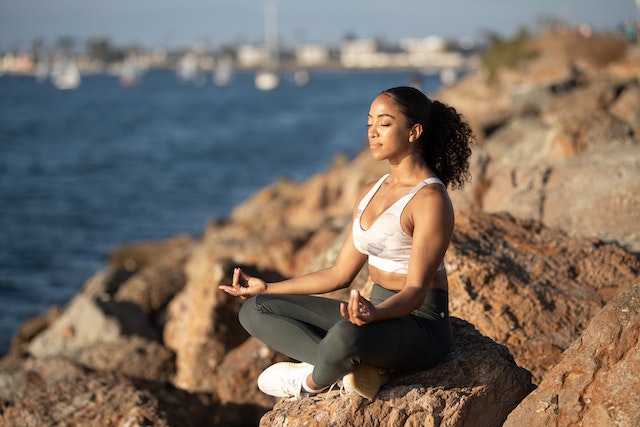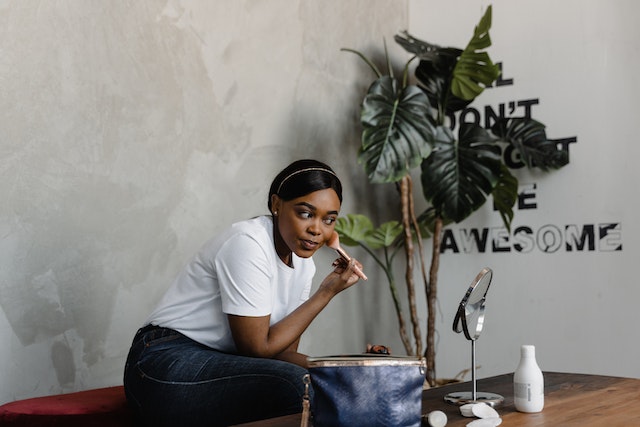
Nurturing Confidence, Connection, and Inner Peace.
Our emotional reactions and behavioral patterns are largely shaped by our attachment types in the complex web of human interactions. Healthy relationships may be difficult to maintain if someone is anxiously attached, which is characterized by a pervasive dread of abandonment. Individuals with anxious attachment can, however, increase emotional resilience and forge stronger bonds by engaging in self-regulation practices. We’ll look at practical advice and techniques in this blog post to help people with anxious attachment better manage their feelings and interpersonal interactions(Self-regulation tips for anxious attachment)
Understanding Anxious Attachment.
Early events that may have left people unsure of the availability and attentiveness of their caregivers are the root cause of anxious attachment. This attachment style frequently results in an increased sensitivity to relational cues, which produces dread, concern, and a constant need for assurance.https://www.betterhelp.com/advice/anxiety/ridding-yourself-of-attachment-anxiety/
Mindfulness Meditation for Grounding.
A strong technique to keep one’s focus on the present is mindfulness meditation. You can stop spiraling anxiety by paying attention to your breath and objectively examining your thoughts. Regularly engaging in mindfulness exercises can help decrease emotional reactivity and improve self-awareness.

Embracing Emotional Intelligence.
Understanding, controlling, and identifying your own emotions are all part of developing emotional intelligence. Understanding the underlying causes of your concerns can be gained by keeping a journal of your emotions and thinking about your triggers. You can react to your emotions in a healthier, more balanced way as you become more aware of them.
Communication Skills Enhancement.
In order to create safe connections, open and honest communication is essential. Practice communicating your thoughts and worries to reliable people. You can express your demands and anxieties without overwhelming your partner or loved ones by learning excellent communication skills.https://www.thefemininewoman.com/self-soothe-anxious-attachment/

Setting Boundaries.
Setting limits can be difficult for people with anxious attachment because they frequently worry that they will be rejected if they do so. To care for oneself and preserve respectful relationships, however, one must establish appropriate boundaries. As you gain confidence, start small and progressively set boundaries.
Cognitive Restructuring.
Challenge the unproductive mental habits that cause your worries. Remind yourself of your worthiness of love and connection and replace self-doubt with self-affirmations. This process can be aided by cognitive-behavioral therapy (CBT) strategies including reframing unfavorable ideas.https://www.wikihow.com/Self-Soothe-Anxious-Attachment

Building a Support Network.
Be in the company of sympathetic, understanding people who can serve as a solid foundation for your support. Take part in pursuits that promote a sense of community and interpersonal bonds. It might be quite advantageous to take part in support or group therapy.
Self-Care Rituals.
Put self-care first in order to support your emotional wellbeing. Take part in enjoyable and calming activities, whether they involve reading, drawing, walking, or yoga. You improve your ability to manage anxiety and develop inner strength when you put self-care first.https://www.attachmentproject.com/blog/self-regulation-anxious-attachment-triggers/

Seeking Professional Guidance.
Therapists who focus on attachment problems might provide specific advice on how to handle uneasy attachment. A safe environment for emotional exploration, coping skill learning, and relationship-building is provided through professional counseling.
Conclusion.
It may be difficult to navigate life when you have an anxious attachment style, but it’s important to keep in mind that you can change. You can progressively transition toward a more secure attachment style by putting mindfulness into practice, developing emotional intelligence, enhancing communication, setting boundaries, reorganizing your thoughts, creating a support system, engaging in self-care, and getting expert advice. Accept these tactics as stepping stones to developing a stronger sense of self and healthier relationships. Keep in mind that the path to safe connections starts with the dedication to self-control and personal development.https://brianamacwilliam.com/self-soothe-anxious-attachment/#:~:text=Other%20strategies%20to%20self%2Dsoothe%20anxious%20attachment&text=Practicing%20mindfulness%20can%20help%20you,act%20in%20a%20different%20way.



Pingback: Unveiling the Hidden Habits of Childhood Trauma Survivors. - Purebliss mentalcare.org
Pingback: "Anxiety Disorders"